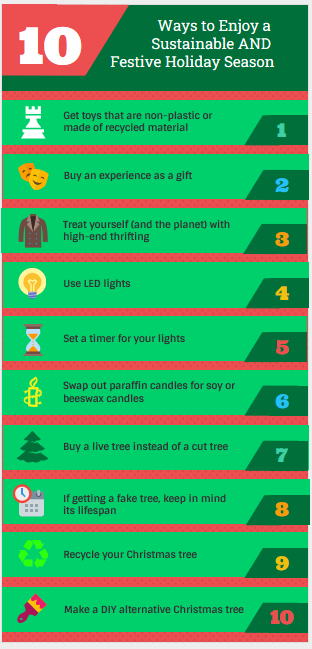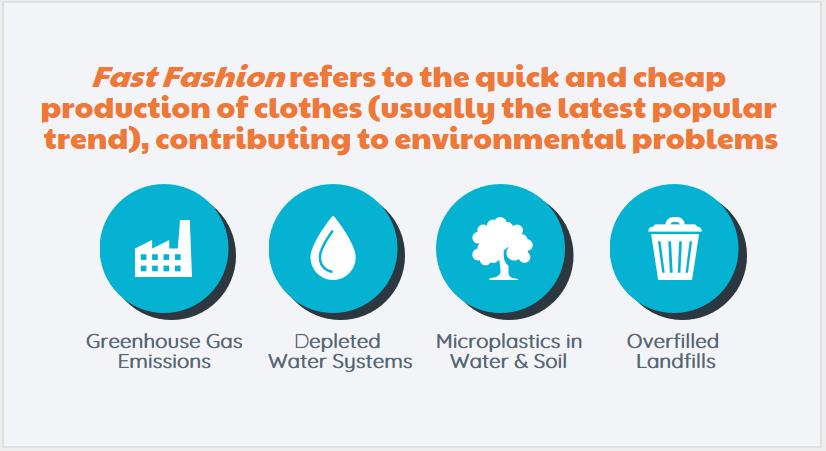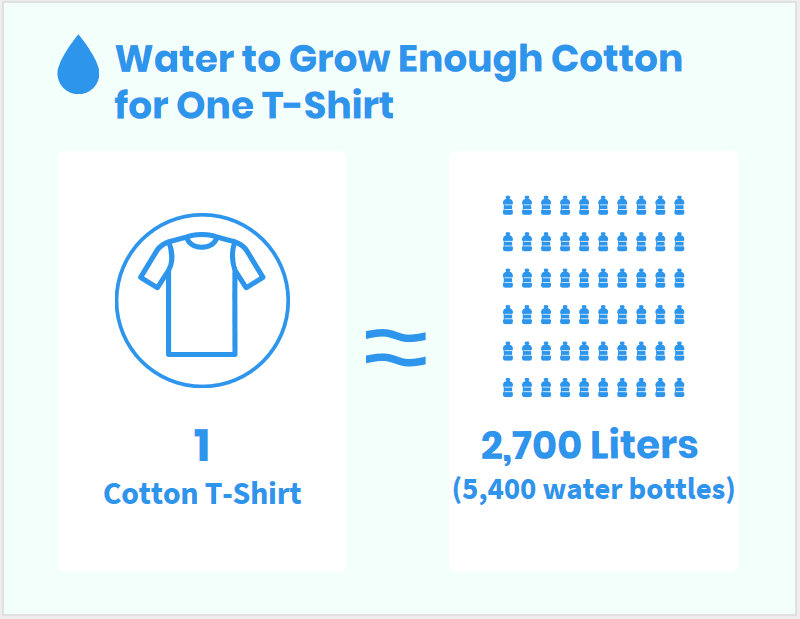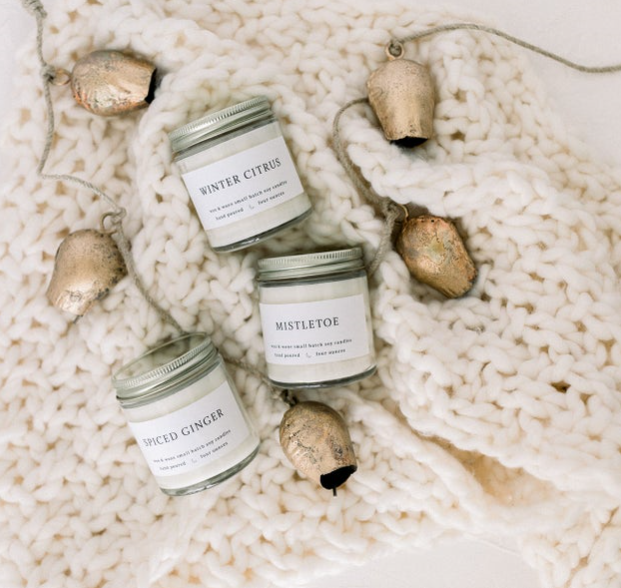

Blog
|
Between gift shopping and trying to keep up the holiday spirit with decorations at home, it can be frustrating to try to remain sustainable. It may feel as though you’re forced to choose between enjoying the holidays and feeling guilty about putting up all those lights around your tree. Here are 10 ways you can have a festive holiday and feel better about it too.

Between gift shopping and trying to keep up the holiday spirit with decorations at home, it can be frustrating to try to remain sustainable. It may feel as though you’re forced to choose between enjoying the holidays and feeling guilty about putting up all those lights around your tree.
Here are 10 ways you can have a festive holiday and feel better about it too:


Great ways you can freshen up your wardrobe while also tackling fast fashion this season (and the rest of the year) is by purchasing secondhand clothes and other fashion products.
Online consignment stores such as ThredUP lead you to like-new styles from known brands –J.Crew, Banana Republic, and Ann Taylor LOFT – for up to 90% off. And, while you’re at it, you can clean out your own closet to donate to a worthy cause (or make a few extra bucks on the side).

For more info on your carbon footprint this time of year, check out last year’s article, What is the Carbon Footprint of Your Holiday Shopping?

Candles are most commonly made of paraffin wax, which is a petroleum by-product of crude oil. However, there are candles made of renewable resources such as soy and beeswax, which burn cleaner, have pleasant aromas, and last longer.
Examples of brands include Bee Organic, Mrs. Meyer’s, and NaturoHealth.
There is plenty of debate regarding the sustainability pros and cons of Christmas tree types. Real trees are generally more sustainable because they capture CO2 and are compostable. On the other hand reusable (a.k.a. fake) trees can last for years. Odds are, you’re probably picking your tree type based on cost, amount of storage in your home, or your opinion on the scents of Christmas trees. Check out the tips below before you choose.
If you and your family are particularly crafty, have some extra fun creating your own unique Christmas tree. A quick search online will provide endless inspiration – my personal favorites are the “ladder tree” and “plywood tree.”

The holidays can be overwhelming, and often times we’re all just trying to get things done on a tight time budget, but it’s important that we all take into consideration the impact of all of the shopping, shipping, and sipping. The holidays are about so much more than gifts and parties, they’re about giving back and being grateful- so lets try to do that for our planet.
Contributor: Vicki Yee, Building Systems Analyst
Steven Winter Associates